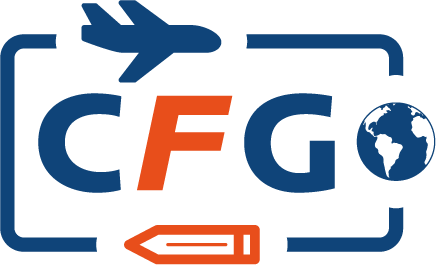Collaboration between the various partners in the supply chain was a key topic at the ACE Cargoland event in Liège from 08-10SEP2025. The tendency of the debate was that the specific role of each participant has to adapt along with the chain itself. The GSSA, for example.
In the session ‘Navigating the Future of Air Cargo Logistics’ Turkish Cargo’s Cargo Director for Western Europe Ekrem Rodoplu said that, for his company, that future development is threatened by the production delays of the new B777X freighters, of which Turkish has four on order. “We need to be able to adapt our capacity to the demands of the market, especially in Asia,” said Mr Rodoplu.

More than a mere vendor
It was, however, Jacques Heeremans, owner of GSSA Inter Aviation Services (IAS) who steered the panel to the role division of the various partners in the supply chain. He said that it disappointed him to see how some people are looking down on the GSSA. “What does an airline want or expect from a GSSA?” he asked.
“We are supposed to be a commercial partner, but apparently some carriers expect us to be a mere vendor. In that respect I want to stress that it is not always possible to guarantee a constant basic load. We can only do things on behalf of the airline we represent. The way airlines work with GSSAs has to be flexible as well.”
According to Nicolas Simons, CEO & Founder of wholesaler EZ Cargo, the market can benefit from this type of approach as well. “We work in partnership with the airlines, and we find that the freight forwarders too sometimes encounter difficulties in this set-up. We have more and more customers that are non-IATA and we have more access to them as the market is getting more complicated.”
Jacques Heeremans stated that it is necessary that airlines and GSSA’s speak with both freight forwarders and shippers. “The only way forward is to work side by side but, at the end of the day, the airline decides what we can and will do. Opening up to the freight forwarder is the way forward.”
Booking platforms: curse or blessing?
Moderator Christos Spyrou, CEO & Founder of Neutral Air Partner, asked if booking platforms are a threat or an opportunity for the industry, especially for the GSSA. To which Heeremans replied that neglecting booking platforms would mean that GSSAs would dig their own grave. “The passenger business is a warning example, where the travel agency has all but disappeared. In contrast, GSSAs not only do bookings. We also provide cargo control services, road planning and manage the ground handling of goods.”
“Putting bookings into a system is simple, but there is still a whole life after the booking. If the airlines change, the GSSA will change too. The GSSA will always be an important partner,” he stressed.
John Gilfeather, VP UK, Ireland & Malta of Network Airline Services, said that there is no threat that GSSAs will become superfluous or even be eliminated completely. “Any change will be for the better. The GSSA still brings a lot of value to the airline, with the highest quality, the best quantity provided by professionals. We can also manage digital systems, adding even more value to our customers.”
Africa is on the rise
Asked about the biggest growth and opportunities in the air cargo landscape, both Ekrem Rodoplu and Nicolas Simons pointed at Africa. There, textiles are increasingly produced locally and exports from garments, supported by digital tools have picked up remarkably. So new routes are being developed.
Aided by Belgium’s colonial past on the continent, Liège Airport has developed into a transit point between China and Africa. “But I’m missing India,” concluded Jacques Heeremans. “A substantial number of companies are moving from China to India.”




